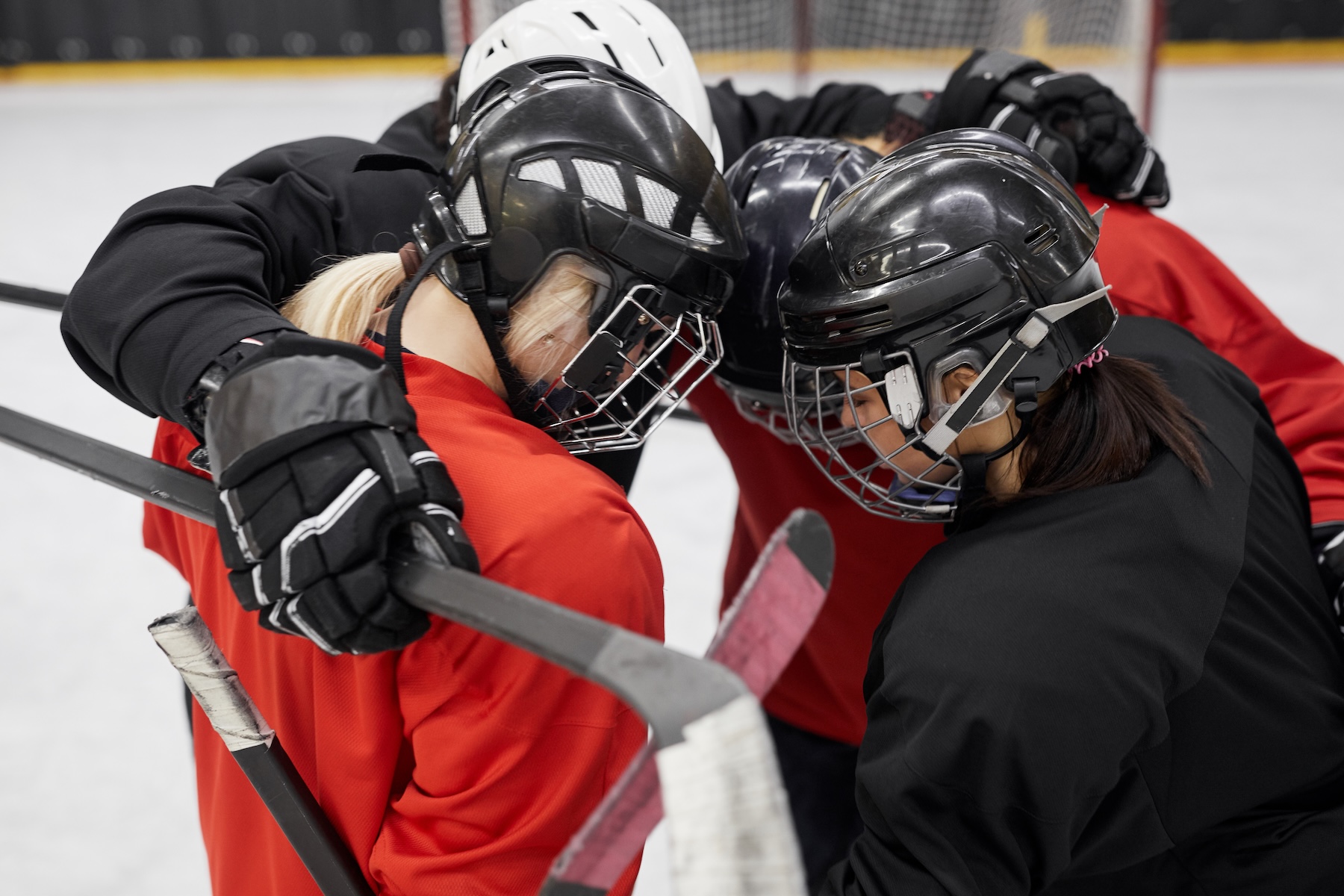The upcoming Paris 2024 Olympics, with equal representation of male and female athletes, is a significant milestone. Although men's sports still lead in sponsorships, change is in the air, with an increasing number of brands, like Adidas and Nike, backing women's sports. This shift is a response to the growing popularity and marketability of women's sports, promising a more equitable future in sports sponsorship.
The 2024 revenue for elite women's sports competitions is projected to surpass $1 billion for the first time, reaching $1.28 billion. This significant increase includes commercial revenue from sponsorships and merchandising at $696 million, media rights at $340 million, and matchday revenue at $240 million. Soccer and basketball are expected to contribute 43% and 28% respectively. North America is forecasted to be the largest market. The growth is marked by large deals, like the NWSL's $60 million annual media rights deal and the WNBA's $40 million media deals.
In the realm of women's sports, we're witnessing a transformative era, one where the scales of sponsorship are tipping towards equality. Once overshadowed by men's sports in both coverage and financial backing, women's sports are now experiencing a surge in sponsorships from leading brands like Adidas, Nike, and Barclays. This shift isn't just about dollars; it's a powerful statement of belief in gender equality in sports. Groundbreaking partnerships and the growing audience for women's sporting events reflect this positive trend. As we champion women athletes, these sponsorships aren't merely business transactions; they're investments in change and equality, heralding a future where sports transcend gender biases.
Increased investment and enhanced funding not only boost the appeal of these sports to fans but also ignite sponsorship interest and drive grassroots development. Elevating prize funds further raises the profile of women's competitions, fuelling increased viewership and participation. Consequently, this results in expanded media coverage and heightened sponsorships, forming a positive feedback loop that can both financially support and nurture grassroots programs. This heightened investment at the grassroots level plays a pivotal role in cultivating future talents, thereby making a substantial contribution to the overarching growth and long-term sustainability of women's sports.
In 2023, Coco Gauff became the highest-earning female athlete, according to Sportico. The 19-year-old topped their annual list with an estimated $22.7 million in earnings. This includes $6.7 million from on-court successes, notably her first Grand Slam win at the US Open, and $16 million in endorsements from various brands including New Balance, Head, Barilla, Bose, UPS, and Rolex. Gauff also made a significant mark by launching her signature shoe with New Balance, a unique achievement among active WTA players.
Adequate cash flow and investment are pivotal in the evolution of sports, particularly for fostering gender equality. Financial resources enable better training facilities, higher prize money, and more lucrative endorsements, which not only attract top talent but also boost media coverage and public interest. This increased visibility is essential for inspiring future generations and breaking down gender barriers in sports. Investment in women's sports is not just about leveling the playing field; it's a crucial step towards creating a more inclusive and equitable sporting world.

"In 2024, elite women's sports are set to break the billion-dollar revenue barrier, with projections reaching $1.28 billion. This surge includes significant contributions from sponsorships, media rights, and merchandising, marking a transformative era for women's sports."
"The rise in sponsorships for women's sports isn't just about dollars; it's a powerful statement of belief in gender equality. Brands like Adidas, Nike, and Barclays are leading the way. These sponsorships are investments in change and equality, ushering in a future where sports transcend gender biases."


